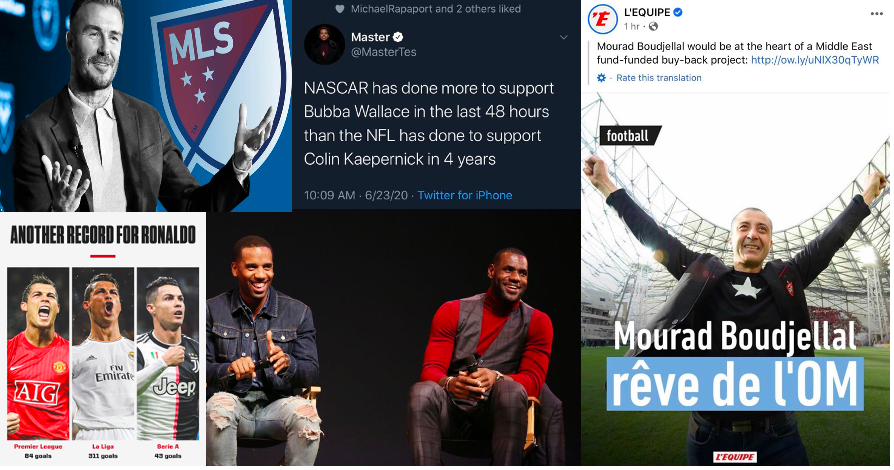Dear Friends and Members, Last week Liverpool FC won its first Premier League title in 30 years. The Major League Baseball (MLB) also officially unveiled its 2020 campaign plans with the competition set to begin on 23 July under a proposed 60-game regular season schedule. The F1 is also scheduled…
Share This Story, Choose Your Platform!
Total reviews
Persons recommended this product
Anonymous
Shopper
check_circle Verified
Shop owner replied
Anonymous
Shopper
check_circle Verified
Shop owner replied
Thanks for your review!
Your feedback helps us improve our service.
There are no reviews yet.
Be the first to review “ ”
Please log in to submit a review.
Don't have an account? Register here .
Only logged in customers who have purchased this product may leave a review



